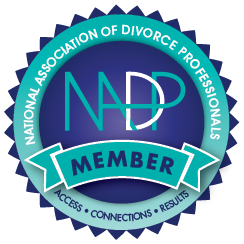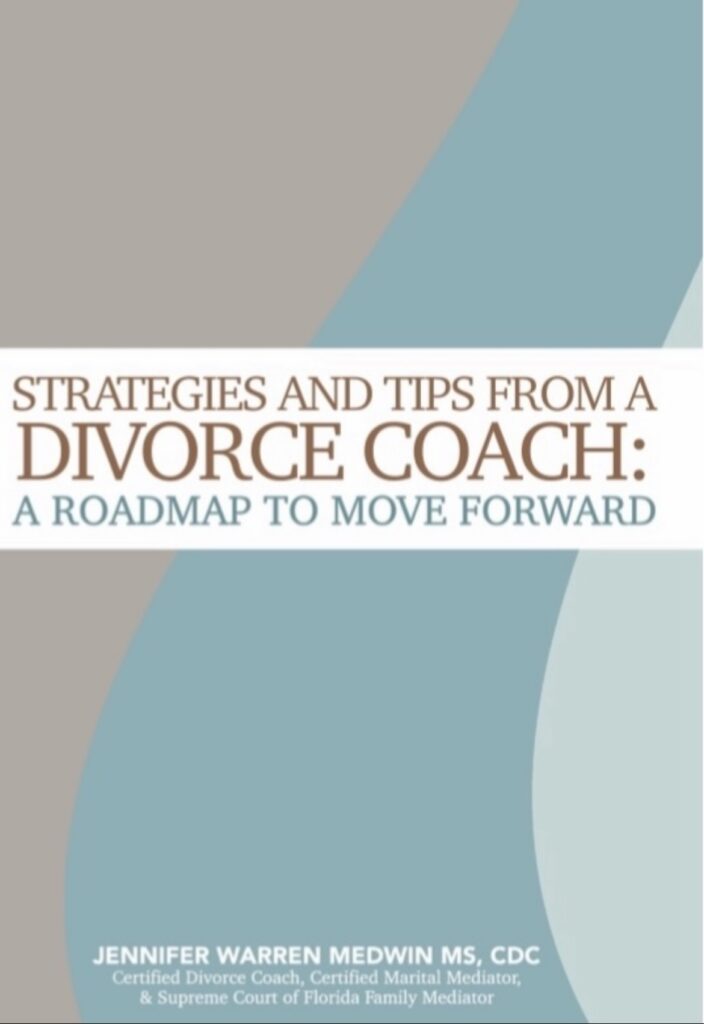What is the difference between traditional Marriage Counseling and Marital Mediation?
Many people ask, “How is marital mediation different from marital counseling?” and “Can a marital mediator help if a couple was unable to be helped in marital counseling?” The answer is yes because there are distinct differences.
There are effective resources available for couples who would like to improve their marriages. Marital counseling is one option. A licensed and trained mental health professional delves deeply into the past and interpersonal, psychological issues of the couple. Counselors, in hourly sessions, focus on exploring deep personal issues, address mental health diagnoses, family backgrounds, pathologies, and specific treatments. They are able to identify neurotic behavior and symptoms of mental disorder or illness. Marriage counselors aim to use analytic skills to provide context for parties and help them to understand their past behavior. Traditionally, one or both parties experiencing marital conflict go to therapy reluctantly. The general sense is that something is wrong with one or both parties and someone needs to be fixed. The sessions are frequently used as opportunities to place blame where both people look to the therapist as a referee and expert to solve the problems in the relationship or to fix one of the parties. Additionally, over the years, there has developed a great resistance by men and some women about going to marital counseling because of the negative stigma many feel regarding therapy. Often, couples entering therapy have a conflicting agenda where divorce is on the table for one of them and the other wants to save the marriage. Frequently, one of the parties just wants to check the box that counseling was attempted before seeking divorce.
Marital Mediation is a different resource for couples whose marriages are in crisis. The process is facilitated by a trained Supreme Court Family Mediator who is certified in marital mediation. It is available for couples who have hopes of saving their marriage. The approach is different than marital counseling. It is a dispute resolution process that is extremely successful when a couple has an unproductive manner of resolving conflict and negotiating. Sessions are traditionally held in no less than 2-hour intervals where problems can collaboratively be identified and resolved by mediation techniques. The marital mediator works with the couple to help them resolve ongoing specific disputes and negative recurring interactions that are causing the marriage to suffer. The emphasis on the present, analyzing the communication of the couple and training them to have productive styles of negotiation and conflict resolution in the future. The mediator is trained in noticing the disconnects and misunderstandings between the couple. Also, because the martial mediator is educated in the divorce process, the mediator can give a disputing couple an education on what divorce looks like from a financial and emotional perspective.
Couples often seek the help of marital mediators once the couples’ counseling has failed. Recently, a growing number of couples are seeking the assistance of a marital mediator instead of therapy or at the same time as they are receiving individual counseling. Seeing both a marriage therapist and a marital mediator offers the couple the opportunity for healing and learning new communication, negotiation, and conflict resolution skills. Couples no longer only have the choices of staying in an unhappy marriage, seeking couples counseling, or getting divorced. There is now a fourth alternative dispute resolution gaining momentum that has proven to successfully resolve marital conflicts even when other avenues have failed.
Is your marriage worth doing everything you can to save it?




